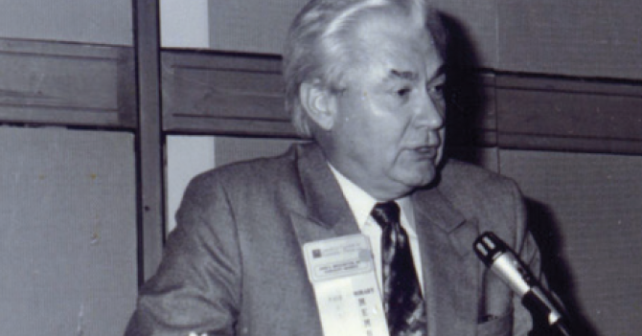
When we engage in dissent in the interest of more effective emergency department care, we not only foster team building and improved patient care environments, we add our names to the long, honorable and growing register of change agents who have utilized constructive dissent to advance our specialty. Sometimes, those in leadership require time to become convinced of the merits of our suggestions, but persistent reasoned dissent is part of the fabric of an aware and caring emergency physician.
Explore This Issue
ACEP Now: Vol 41 – No 03 – March 2022Dr. Gaddis is a former professor of emergency medicine at Washington University School of Medicine in St. Louis, MO.
References
- National Academy of Sciences (US) and National Research Council (US) Committee on Trauma; National Academy of Sciences (US) and National Research Council (US) Committee on Shock. Accidental Death and Disability: The Neglected Disease of Modern Society. Washington (DC): National Academies Press (US). 1966. https://www.ncbi.nlm.nih.gov/books/NBK222962/?report=classic
- Porter J, Jick H. Addiction rare in patients treated with narcotics. N Engl J Med. 1980;302(2):123
- Baker DW. The Joint Commission’s pain stan-dards: origins and evolution. 2017 May. https://www.jointcommission.org/-/media/tjc/documents/resources/pain-management/pain_std_history_web_ version_05122017pdf.pdf.
Pages: 1 2 3 4 | Single Page



No Responses to “We Dissent!”